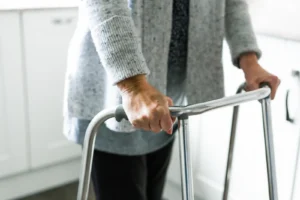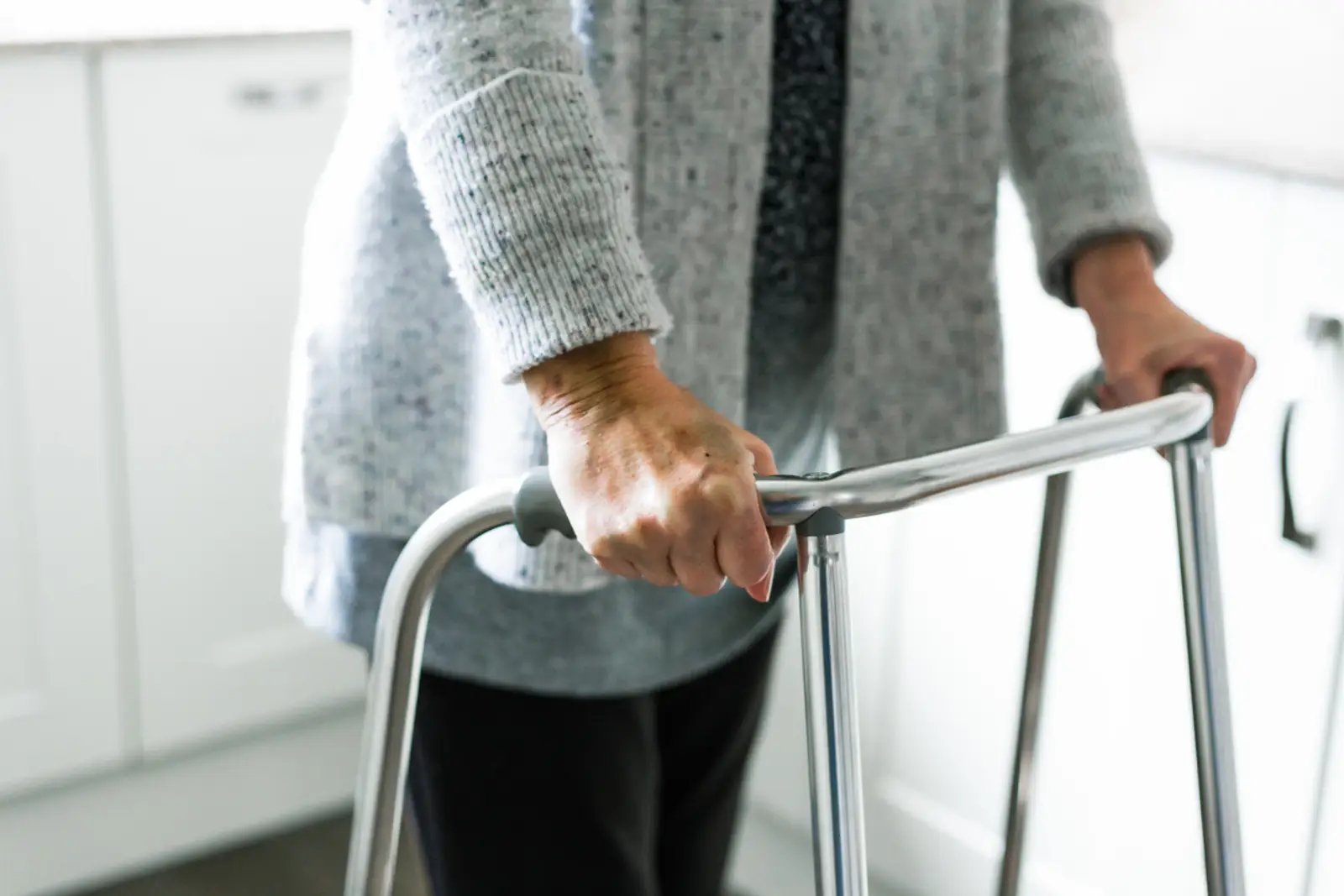As we age, everyday tasks that were once second nature can become more challenging. Senior care assistants, also known as home health aides or personal care assistants, can be lifesavers for seniors who want to maintain their independence and age comfortably at home.
But what exactly do senior care assistants do? Let’s explore the various ways they can provide crucial support with daily living activities (ADLs) for seniors:
Ensuring Personal Care and Hygiene:
- Bathing and showering: Assisting with getting in and out of the shower or bath, ensuring safety and comfort during bathing routines.
- Dressing: Helping with putting on and taking off clothing, while respecting modesty and individual preferences.
- Toileting: Providing assistance with using the toilet, maintaining hygiene, and ensuring safety throughout the process.
- Grooming: Assisting with tasks like shaving, combing hair, and applying makeup, promoting self-esteem and personal care.
Supporting Mobility and Safety:
- Transferring: Providing safe and supportive assistance with moving from a bed to a chair, or vice versa, preventing falls and injuries.
- Ambulation: Offering assistance with walking around the house, providing support and helping navigate stairs or uneven surfaces.
- Meal Preparation: Helping with grocery shopping, preparing nutritious meals, and ensuring a balanced diet for overall health.
- Light housekeeping: Assisting with tasks like vacuuming, dusting, and laundry to maintain a clean and safe living environment.
Enhancing Well-Being and Independence:
- Medication reminders: Providing reminders and assistance with taking medications as prescribed, ensuring proper medication adherence.
- Companionship: Offering companionship and a listening ear to combat loneliness and social isolation.
- Transportation assistance: Helping with errands or appointments, ensuring seniors maintain their independence and social connections.
- Light exercise: Assisting with gentle exercises or physical therapy routines to improve mobility and overall well-being.
Beyond the Basics: Personalized Care
Senior care assistants can also provide support for various individual needs:
- Cognitive Impairment: Assisting seniors with dementia or memory loss by providing reminders, establishing routines, and creating a calm and familiar environment.
- Vision or Hearing Impairment: Offering assistance with daily tasks, reading aloud, and ensuring proper lighting or sound amplification to promote safety and independence.
The Value of Senior Care Assistants
Senior care assistants play a vital role in helping seniors age in place with dignity and independence. Their assistance with daily living activities allows seniors to:
- Maintain a sense of control: By providing support with tasks, they empower seniors to remain as independent as possible for as long as possible.
- Enjoy a higher quality of life: Daily assistance ensures seniors can continue to participate in activities they enjoy and live a fulfilling life.
- Reduce the risk of falls and injuries: Assisting with mobility and transfers provides a safety net, preventing accidents and promoting well-being.
Considering Senior Care Assistance?
If you’re concerned about a senior loved one’s ability to manage daily tasks safely and comfortably, consider seeking the support of a senior care assistant. These compassionate caregivers can provide invaluable assistance, allowing your loved one to age gracefully in the comfort of their own home.












